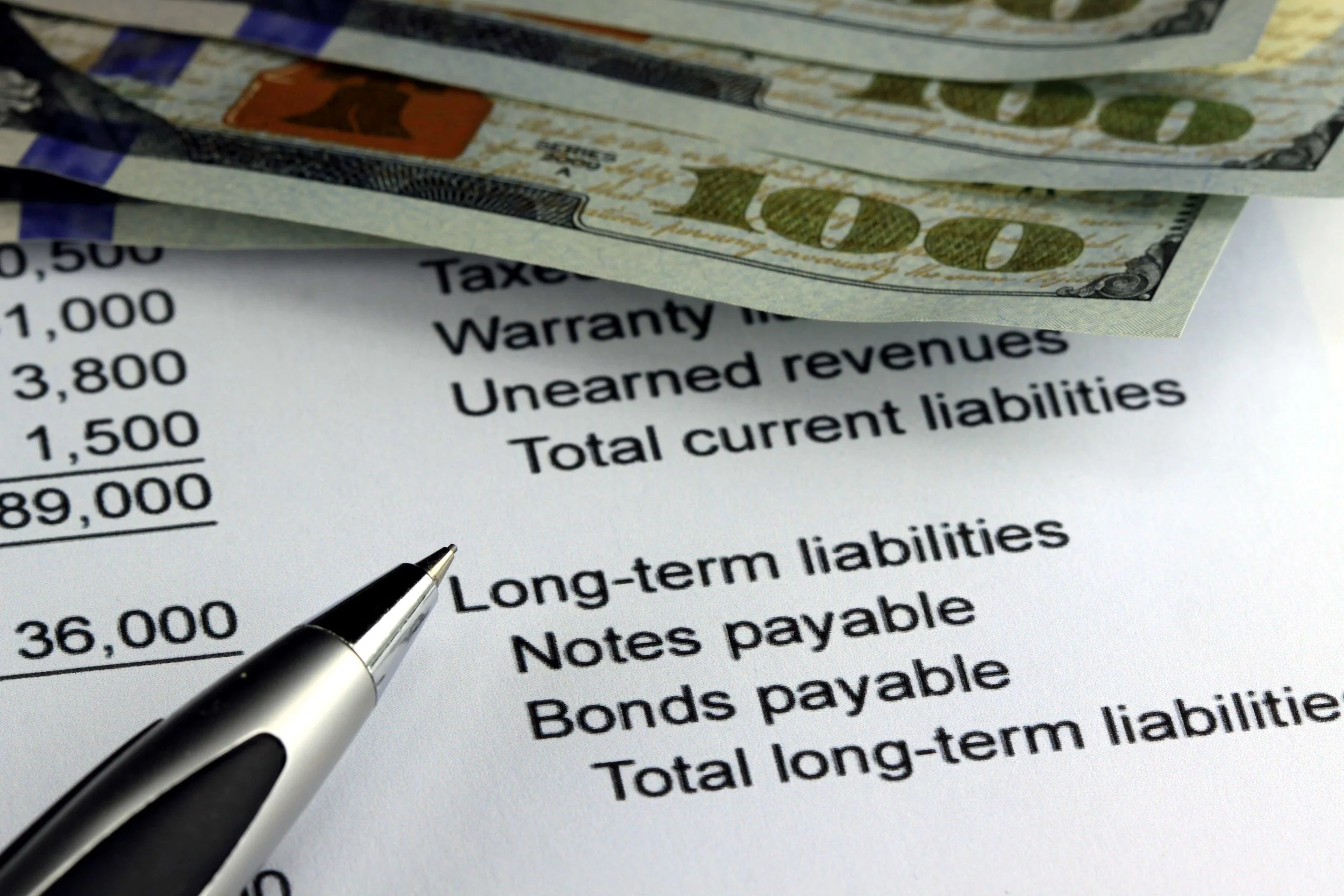Do you have partners in your business? A buy-sell agreement is a tool that can save you aggravation when it’s time to sell your business.
Utilizing a Buy-Sell Agreement in your business…
When selling a business that involves multiple owners, the complexity of the transaction can significantly increase. Without the right structures in place, such sales can easily spiral into conflict, with parties disagreeing over valuations, terms, and even the basic rights to sell or buy. A critical tool to prevent these issues and ensure a smooth transition is a buy-sell agreement. This agreement is not just a legal formality; it's a blueprint that guides all parties through the transaction's complexities, ensuring everyone's interests are safeguarded.
The Pitfalls of Avoiding Early Agreements
Business owners commonly avoid certain agreements when partnering or taking on investors for a business they start up or purchase, and this oversight can be quite costly when it's time to sell the business. Without a clear agreement from the onset, owners find themselves tangled in disputes that can derail the sale of a business they've worked hard to build.
What is a Buy-Sell Agreement?
A buy-sell agreement, also known as a buyout agreement, is a legally binding document between co-owners of a business that controls when owners can sell their interest, who can buy an owner’s interest, and what price will be paid. These agreements are designed to address all potential situations that could affect ownership of the business, such as an owner’s desire to retire, death, or decision to exit the business for other reasons.
Key Components of a Buy-Sell Agreement
The effectiveness of a buy-sell agreement lies in its detail and foresight. Here are some crucial elements that should be included:
Valuation of the Business: The agreement should clearly define how the business is valued in the case of any owner’s exit. This can prevent disputes from arising between remaining and departing owners over fair price determination.
Terms of the Buyout: Conditions under which the buyout will occur and the payment terms should be explicitly stated. This includes setting up financing arrangements if necessary.
Trigger Events: These are predefined circumstances under which the buy-sell agreement would take effect. Common triggers include retirement, death, divorce, and disability among others.
Implementing the Agreement
Drafting and implementing a buy-sell agreement requires careful consideration and often the aid of legal and financial advisors. The process involves:
Negotiation: All parties discuss and negotiate the terms that will be included in the agreement. This stage is crucial for understanding and aligning the interests of all parties involved.
Drafting: Legal professionals draft the agreement, ensuring all legalities are properly addressed and that the document is binding.
Signing: Once drafted and reviewed, all parties sign the agreement, legally binding them to its terms.
The Impact of a Well-Crafted Buy-Sell Agreement
A well-crafted buy-sell agreement not only prevents conflicts but also facilitates a smooth operational transition. For instance, in a scenario where one partner wishes to retire, the agreement clearly outlines the process for buying out their share, ensuring that business operations continue seamlessly without legal hurdles or financial disputes.
Moreover, such agreements provide peace of mind to all business owners, knowing that there is a predetermined path forward should any significant changes occur. It allows business owners to focus on what they do best—running the business—rather than worrying about potential future disputes.
What does a buy-Sell agreement Cost?
The cost of a buy-sell agreement can vary widely depending on several factors, including the complexity of the business structure, the number of parties involved, and the jurisdiction. Here are some typical considerations that affect the cost:
Complexity of the Agreement: More complex agreements that need to account for various scenarios, such as multiple owners, different classes of ownership, and various trigger events, will cost more due to the increased legal work required.
Legal Fees: Attorneys typically charge either a flat fee or by the hour. Hourly rates can range from $150 to $500 or more, depending on the lawyer's experience and location. A flat fee for a simpler agreement might range from $1,000 to $5,000, whereas more complex arrangements could cost more.
Valuation Methodologies: If the agreement requires a business valuation, this can add to the cost. Professional valuations might range from a few thousand dollars to tens of thousands, depending on the size and complexity of the business.
Review and Negotiation: Costs can increase if there is significant negotiation between parties on the terms of the agreement, requiring more time from legal counsel to revise and finalize the document.
State and Local Requirements: Different states may have specific requirements that could complicate the drafting of a buy-sell agreement, potentially leading to higher costs.
For most small to medium-sized businesses, you can generally expect the legal drafting of a buy-sell agreement to cost anywhere from $2,500 to $10,000, though it's wise to budget for the higher end of this range if your business structure is complex or involves multiple parties. It’s always a good idea to get a few quotes from different attorneys to compare prices and services.
Conclusion
A buy-sell agreement is an indispensable tool for any business with multiple owners. It ensures clarity, fairness, and continuity in situations where ownership could change. For anyone contemplating selling a business or restructuring ownership, setting up a buy-sell agreement should be a priority, not an afterthought.
Business owners should always seek the expertise of legal and financial advisors to craft an agreement that suits their specific needs and provides comprehensive coverage for all potential scenarios. With a solid buy-sell agreement in place, you can ensure that the business thrives, even as ownership changes hands.
If you would like to learn more about this please contact Jim Peddle, Business Broker & President at Playbook Advisory Chicago at 312-525-9622 or email president@playbookadvisory.com.


